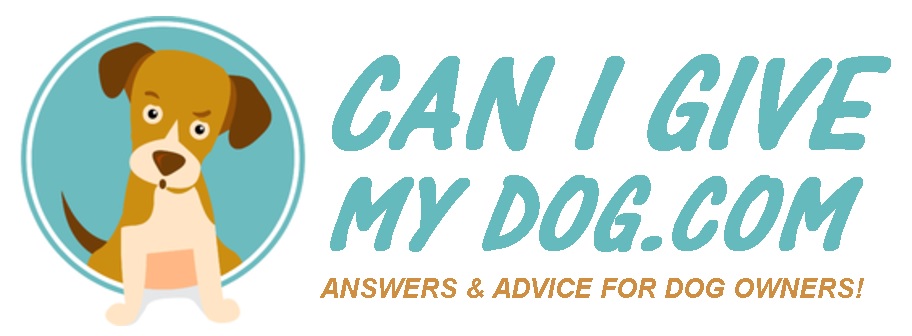Are you wondering if kelp is okay for your canine? Can dogs benefit from eating this sea vegetable?
 You’ll be happy to hear this seaweed is good for pets too. The nutrients — iodine, magnesium, potassium, iron as well as calcium — are really outstanding.
You’ll be happy to hear this seaweed is good for pets too. The nutrients — iodine, magnesium, potassium, iron as well as calcium — are really outstanding.
Kelp consumption can also help with flea infestations and it may even alleviate skin allergies and itchiness.
Not only could your dog’s skin and coat see improvement, there’s a probiotic aspect as well!
Your Dog Can Eat Kelp
This algae is a super food. The benefits are numerous for both people and their dogs.
In fact, organic kelp supplementation is one of the best things you could feed due to the abundance of minerals and key trace elements.
Healthier Skin And Coat
Dogs with skin problems, associated with allergies and other irritations, show improvement when given a quality kelp skin and coat supplement in chew form.
Dry skin is improved. Dogs will tend to scratch less.
Dogs are able to digest its important amino acids, that help in the speedy repair of tissue, because the protein in this algae sea weed is bioavailable.
Just go easy! As good as kelp is, this seaweed should only supplement a meat-based carnivorous diet.
Iodine And Other Properties
The iodine in kelp produces thyroid hormones which dogs also need for good metabolism. Any person or animal with hyper-thyroidism can benefit.
The anti-cystic, anti-rheumatic and anti-inflammatory properties are a great bonus too.
With so many valuable nutrients and minerals, this seaweed will help to keep your dog’s system well-balanced.
For Fido’s Flea Problems?
Fleas are a dog’s enemy, not only because of the discomfort, but the diseases they bring.
Studies show that dogs supplemented with kelp are unattractive to fleas. Incorporating this health food into your pet’s diet may help to keep them away.
It’s worth a shot!
Total Help With Kelp
The nature of kelp’s attributes is that of preventative health.
This can turn into a positive feedback loop for pets. If your dog has healthy metabolism and improved glands, then better overall health can follow.
Kelp is ideal for older dogs whose immune functions may not be as resistant.
More Good News For Dogs
Other benefits include balancing of hypertension, improved blood pressure, protection against infections of the kidney and the bladder as well as respiratory diseases.
Kelp is also an excellent anti-oxidant!
Growing puppies, lactating mothers and geriatrics can all benefit from kelp. It’s great for infections, skin diseases and aids in the healing of bones.
Older dogs show an increase in activities and weight gain from kelp supplementation.
There is even evidence to suggest that senility, mastitis and cancer respond to this wonderful sea veggie.
The Bottom Line
You can feed your dog kelp. It’s actually a great idea.
The health benefits of this special vegetable are off the charts.
Canines that eat kelp are more likely to be healthy and strong. This fabulous food to your dog, in moderation, and you’ll be happy you did!

I have a Pomeranian that has thyroid problems and he has lost his undercoat. I just had someone recommend kelp. Where do you get it and how do you prepare it?
I have a 15 year old Pomeranian and I started giving him kelp less then a week ago. Now he wakes me up at 6:00AM to be fed! Is this normal? It’s like he is starved by morning. Can this be because of the kelp?